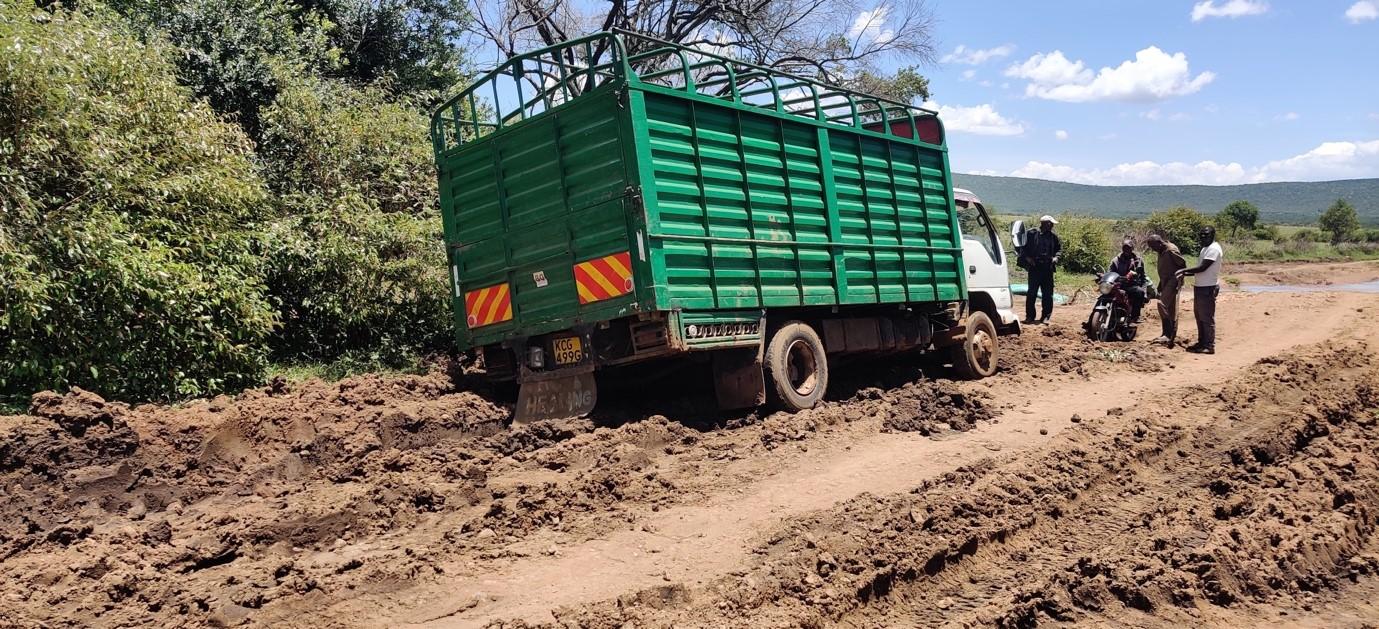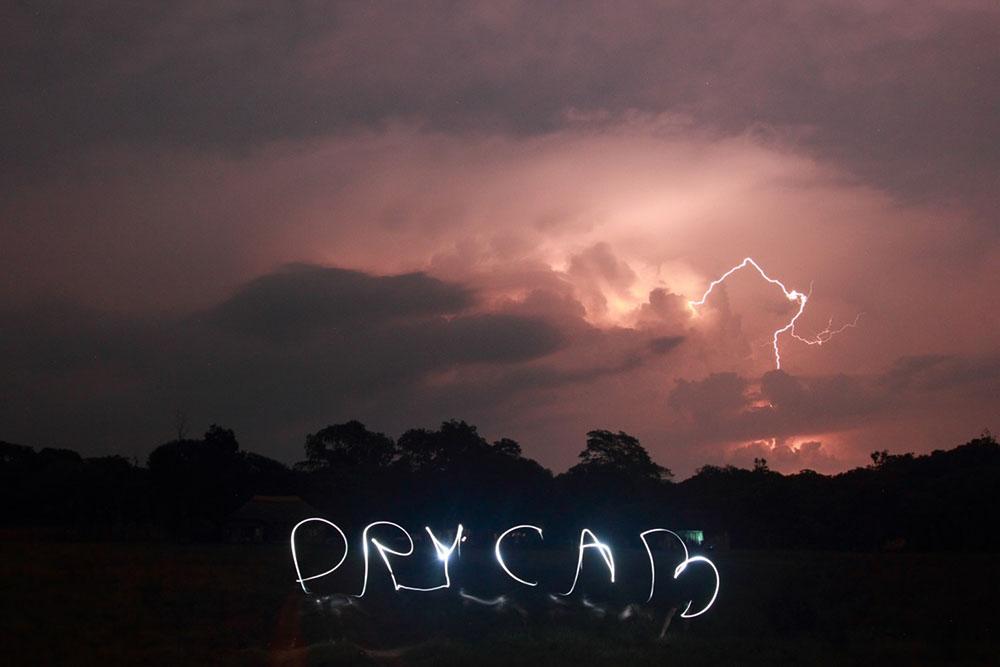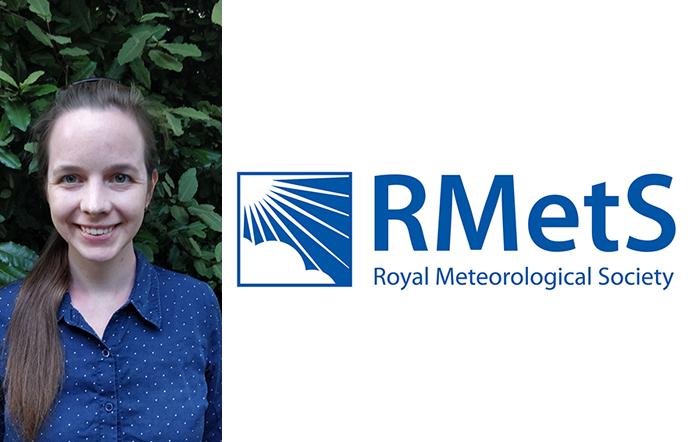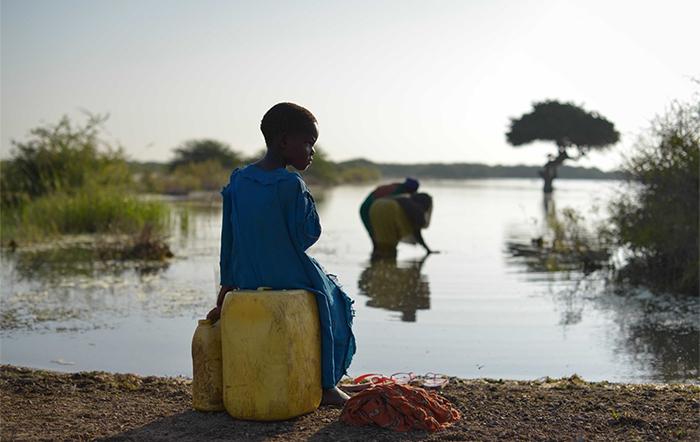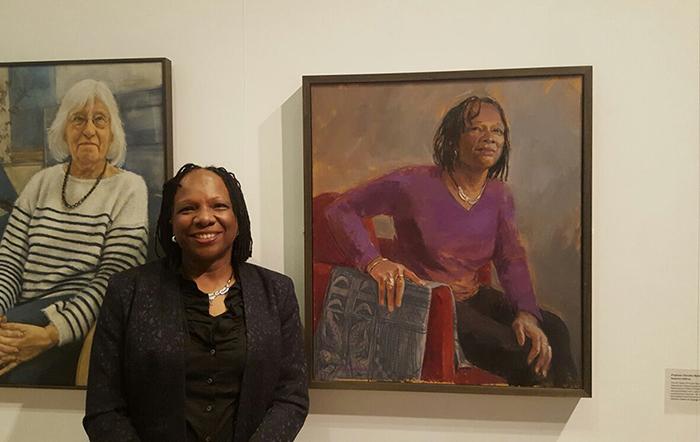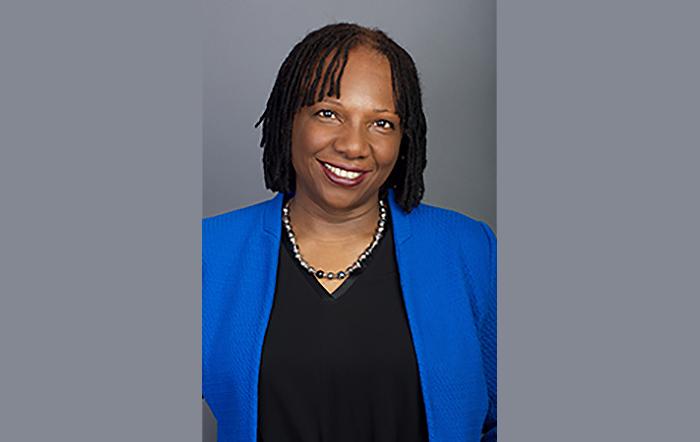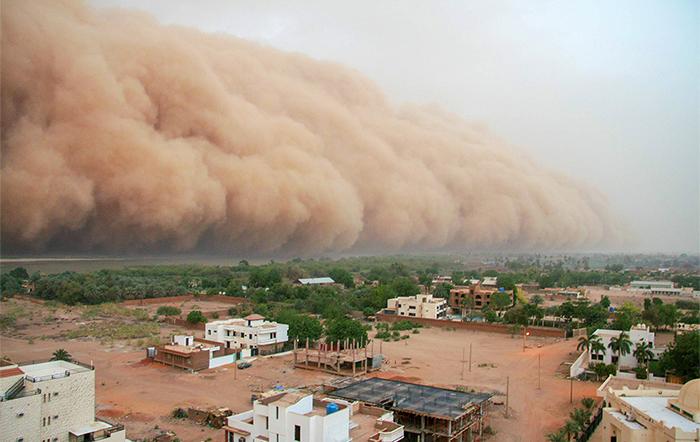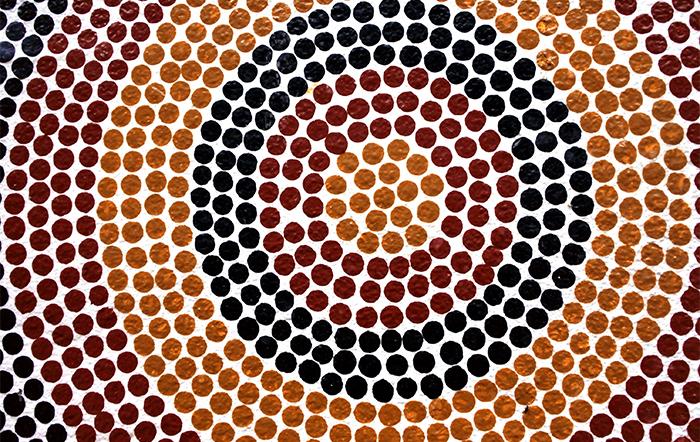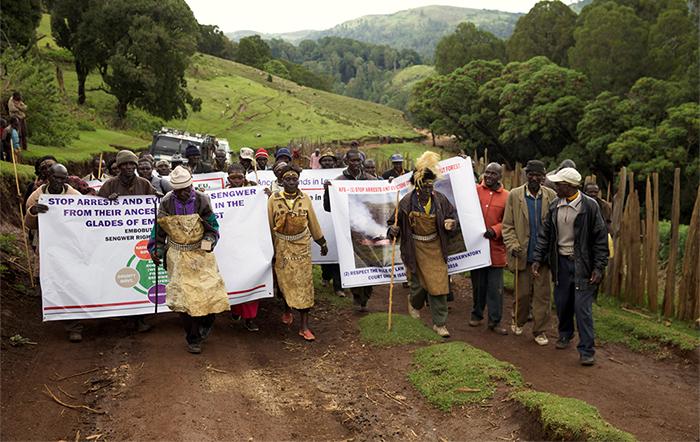Following devastating floods in 2020, five successive failed rainy seasons caused drought which exposed millions of people to acute food shortages in East Africa. The field project, MASIKA, is the first of its kind and aims to understand the atmospheric processes operating at the start the rainy season.
Project
Climate change is expected to impose a considerable burden on the southern African region as it is one of two land-based areas of the planet where large-scale drying is projected to occur in future decades. A lot of the early summer drying is expected to result from the late onset of the rains after the six month long dry season.


